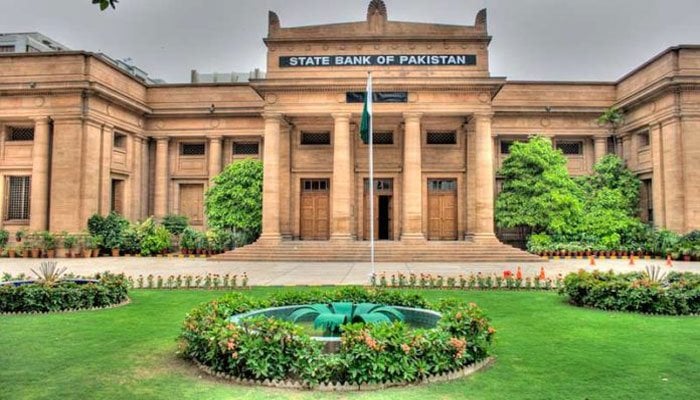In the ever-evolving landscape of digital banking, the State Bank of Pakistan (SBP) has recently raised concerns regarding the usage of unauthorized mobile phone applications by commercial banks, which puts depositors’ money at risk.
In this comprehensive analysis, we delve into the implications and risks associated with unauthorized digital lending apps and platforms, highlighting the need for enhanced consumer protection and the role of regulated entities (REs) in mitigating these risks.
The SBP’s Notification: Unveiling the Concerns
The SBP, through a notification to its regulated entities, expressed serious concerns about the usage of unauthorized/ unlicensed digital lending mobile applications and platforms.
These apps exploit banking channels to disburse loans, collect funds, and perform creditworthiness checks by integrating with customers’ bank accounts. This practice not only jeopardizes consumer protection but also poses reputational risks for banks.
Identifying Regulated Entities (REs)
The regulated entities encompass various financial institutions and service providers, including commercial banks, microfinance banks (MFBs), payment system operators, payment service providers, and electronic money institutions (EMIs).
The SBP’s notification applies to all these entities, placing the responsibility on them to safeguard their customers’ interests.
Prohibited Services and Integration
To address the risks associated with unauthorized digital lending platforms, the central bank explicitly prohibits REs from extending services such as deposits or lending products, mobile application integration with third parties, payment gateway services, credit scoring and creditworthiness checks, wallet services, and API integration services to these unauthorized platforms, either directly or indirectly.
The Role of Transparency: Necessity of Naming Institutions
Industry expert Noman Ahmad emphasized the importance of transparency and suggested that the central bank should publicly disclose the names of financial institutions involved in offering banking services through unlicensed applications. By revealing this information, depositors would be empowered to make informed decisions and protect their deposits from potential risks.
The SBP’s Reputation and Responsibility
Surprisingly, unauthorized mobile platforms continue to offer banking services despite the SBP’s reputation as a highly responsible regulator. This situation highlights the need for enhanced vigilance and stricter regulations to ensure the integrity of the banking system.
The Magnitude of Deposits and Accounts
The significance of this issue becomes evident when considering the magnitude of deposits managed by banks in Pakistan. With approximately Rs23 trillion in deposits and 67.52 million depositors’ accounts, the potential impact of unauthorized digital lending apps becomes a matter of great concern. Protecting the interests of depositors and maintaining the stability of the banking sector is paramount.
Branchless Banking and EMI Statistics
Branchless banking accounts play a vital role in the Pakistani financial landscape, with a staggering 103 million accounts. Additionally, electronic money institutions (EMIs) manage around 1.60 million accounts in the form of e-wallets. As the number of digital transactions and financial services increases, it becomes crucial to address the risks associated with unauthorized mobile applications.
Regulatory Checks: Licensing and Due Diligence
To counter the risks posed by unauthorized digital lending platforms, the SBP advises regulated entities to ensure that the licensing status of these platforms and mobile applications is duly verified.
This verification process should include thorough checks with relevant regulatory bodies, such as the Securities and Exchange Commission of Pakistan and the SBP itself. Implementing these measures as part of the know-your-client and customer due diligence process is vital to maintaining a secure and reliable banking environment.
Preventing Misuse: Transaction Monitoring and Customer On-boarding
In their efforts to combat unauthorized financial service providers, REs are urged to implement reasonable measures. These measures should focus on preventing their banking channels and platforms from being exploited by unauthorized entities, both directly and indirectly.
Transaction monitoring and robust customer onboarding procedures play a crucial role in ensuring that unauthorized apps do not gain access to the banking infrastructure.
The risks associated with unauthorized mobile applications offering banking services are a matter of serious concern. The SBP’s notification serves as a reminder to regulated entities and the industry as a whole to prioritize consumer protection, transparency, and regulatory compliance.
By adhering to these principles and implementing robust measures, the banking sector can fortify its reputation, protect depositors’ money, and provide a secure digital banking experience for all customers.


